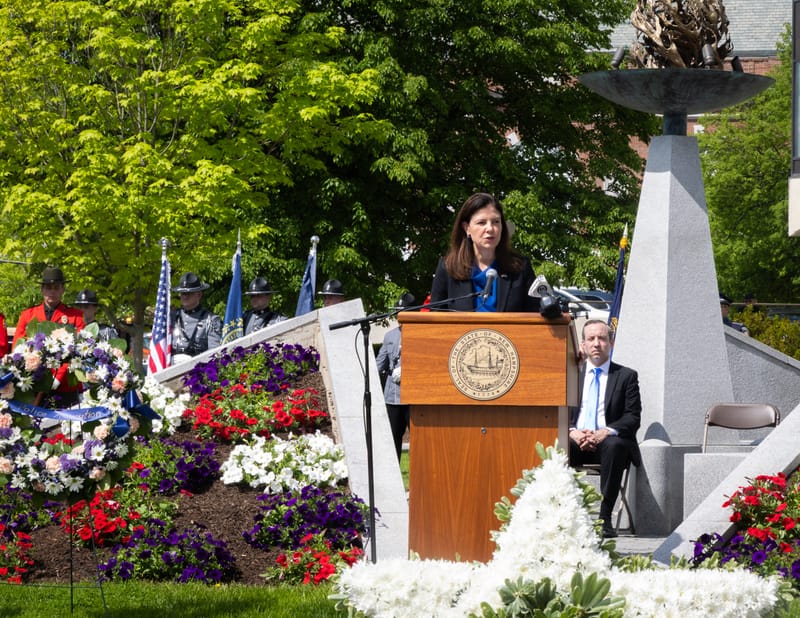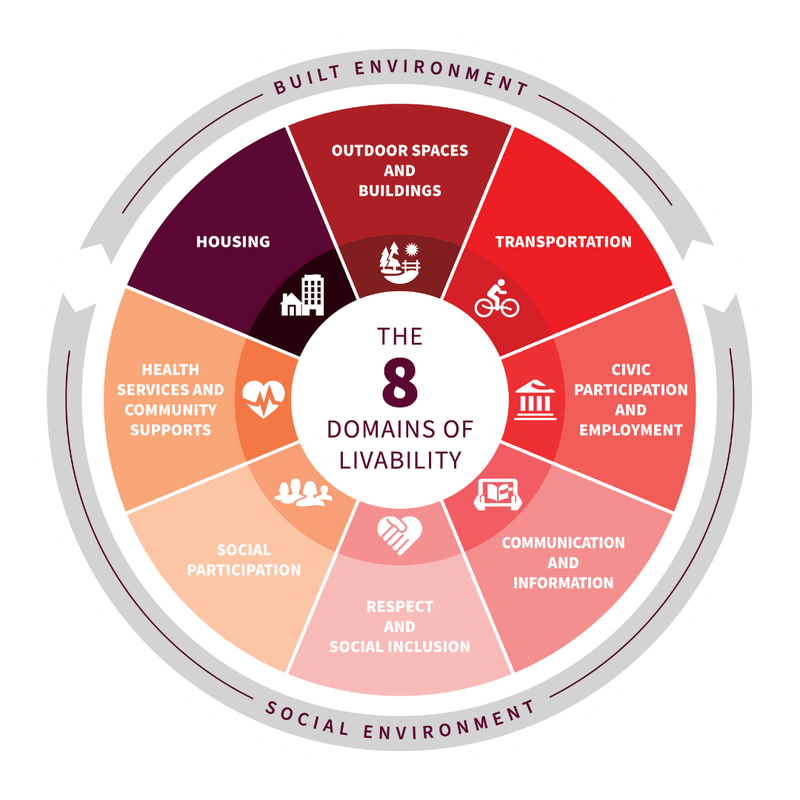When silence is betrayal
What could be a clearer violation of moral or natural law than a man refusing to take responsibility for a child he has fathered; or a woman choosing death for her own child in the womb?

O P I N I O N
THE SOAPBOX

Stand up. Speak up. It’s your turn.
The Reverend Dr. Martin Luther King Jr. spoke against the American role in Vietnam during the impassioned antiwar speech he delivered at Riverside Church in New York on April 4, 1967, one year to the day before his death by assassination in Memphis, Tennessee. King described his opposition to the war in Vietnam as a logical extension of his ongoing campaign against racial injustice in America and the violence it inspired: “I knew I could never again raise my voice against the violence of the oppressed in the ghettos,” he said, “without first having spoken clearly to the greatest purveyor of violence in the world: my own government.” Addressing a group called Clergy and Laymen Concerned About Vietnam, King borrowed a line from a statement issued by the group, a reminder that “There comes a time when silence is betrayal.”
The speech drew fire from many quarters, left, right and center. Many felt the civil rights leader’s outspoken support for the antiwar movement would detract from his formidable efforts on behalf of racial equality. There were also many who felt strongly that King had slandered his own country, which, they believed, had taken up arms to resist communist violence and aggression unleashed against small Asian nation then known as South Vietnam. It was during the Cold War and the battle against communism that had brought American troops into armed conflict from the Dominican Republic in Central America to Vietnam in the Far East. What was essentially a civil war in a divided Third World nation half a world away viewed as a threat to the national security of the United States of America, one that justified our sending more than half a million U.S troops there and the dropping of more tons of bombs on Vietnam than we dropped on Germany and Japan in World War II.
King had been awarded the Nobel Peace Prize in 1964 for his struggles for racial injustice and his commitment to non-violent means to that end. But those who gather to sing his praises again at this year’s Martin Luther King Day celebration might consider also the testimony of another Nobel Peace Prize winner, Mother Teresa of Calcutta. At the National Prayer Breakfast in Washington, D.C., in 1994, Mother Teresa also spoke out against violence, the kind of violence condoned by moral evasion and verbal camouflage. “Any country that accepts abortion,” she told an audience that included President Clinton and Vice President Gore, “is not teaching its people to love, but to use any violence to get what they want. Many people are very, very concerned with the children of India, the children of Africa, where quite a few die of hunger, and so on. But often these same people are not concerned with the millions who are being killed by the deliberate decision of their own mothers. And this is what is the greatest destroyer of peace today — abortion which brings people to such blindness.”
The legal “right” to abort an unborn infant as a matter of personal choice became the “law of the land” by edict of the United States Supreme Court on January 22., 1973. As one who opposed the “Jim Crow” laws of his native South, King spoke and wrote of the moral obligation to oppose unjust laws. “One has not only a legal but a moral responsibility to obey just laws,” he wrote in his famous Letter From a Birmingham Jail. “Conversely, one has a moral obligation to disobey unjust laws.” And how to distinguish between the two? “A just law is a man-made code that squares with the moral law or the law of God, “ he wrote. “An unjust law is a code that is out of harmony with the moral law. To put it in the terms of St. Thomas Aquinas: An unjust law is a human law that is not rooted in eternal law and natural law.”
What could be a clearer violation of moral or natural law than a man refusing to take responsibility for a child he has fathered; or a woman choosing death for her own child in the womb? We have laws against abandonment of a child by a “deadbeat dad.” But, thanks to the Supreme Court, we are no longer allowed to have legal protection for a pre-born child whose death is the “choice” of her or his mother. And what could be a greater violation of natural law than a physician using the tools of medicine to destroy life rather than save it, to kill rather than heal?
Saint Paul tells us to “redeem the times for the days are evil.” Many who are silently opposed to the killing by abortion of some 4,000 infants a day in America have yet to speak out. It’s not too late to start. As King also wrote in his missive from that Birmingham jail, “We will have to repent in this generation not merely for the hateful words and actions of the bad people but for the appalling silence of the good people.” And there remain those haunting words from the speech at Riverside Church.
“There comes a time when silence is betrayal.”
Beg to differ? Agree to disagree? We consider all points of view here. Submit your thoughtful prose to carolrobidoux@manchesterinklink.com, subject line: The Soapbox.
Jack Kenny is a freelance writer from Manchester.





